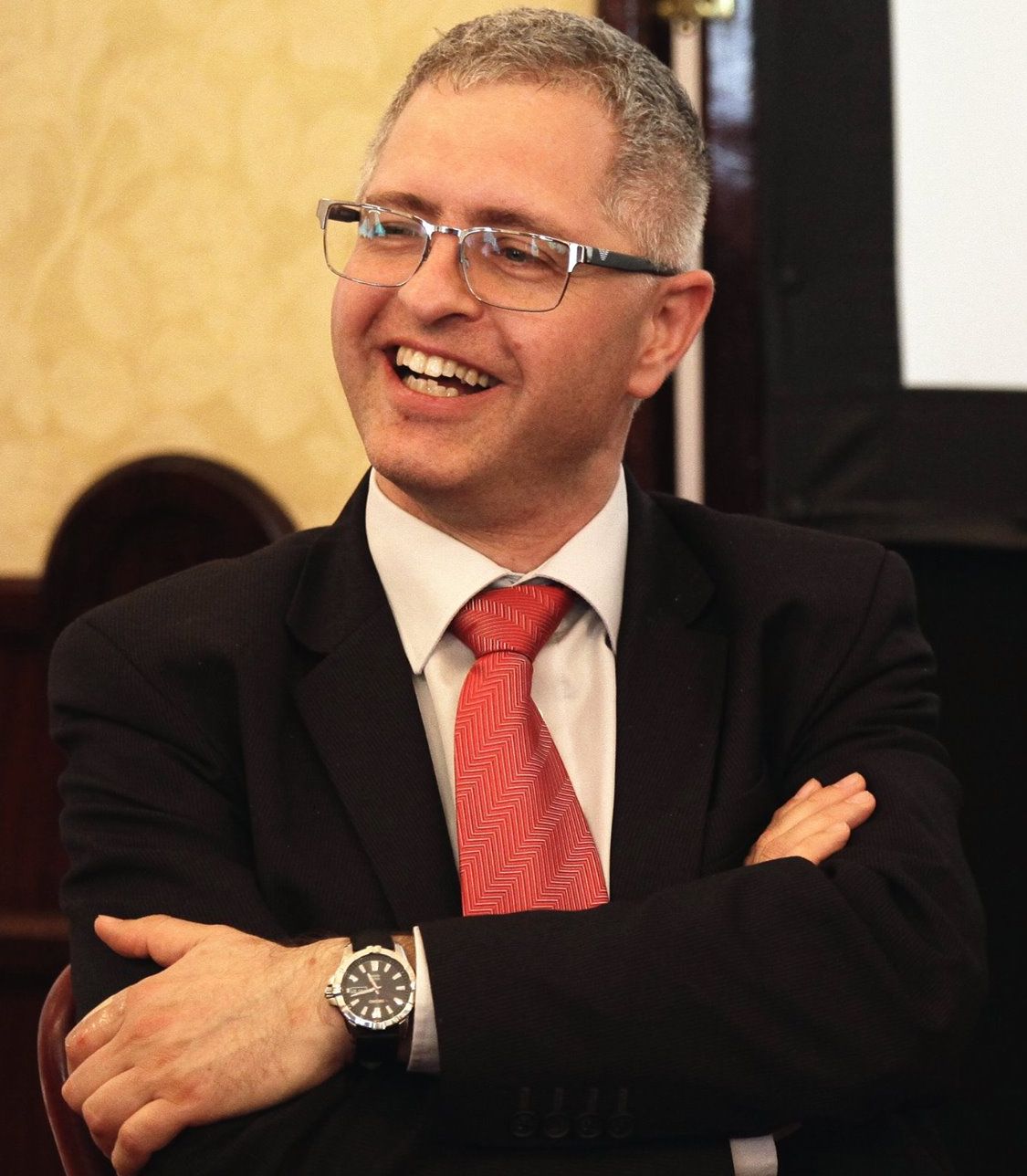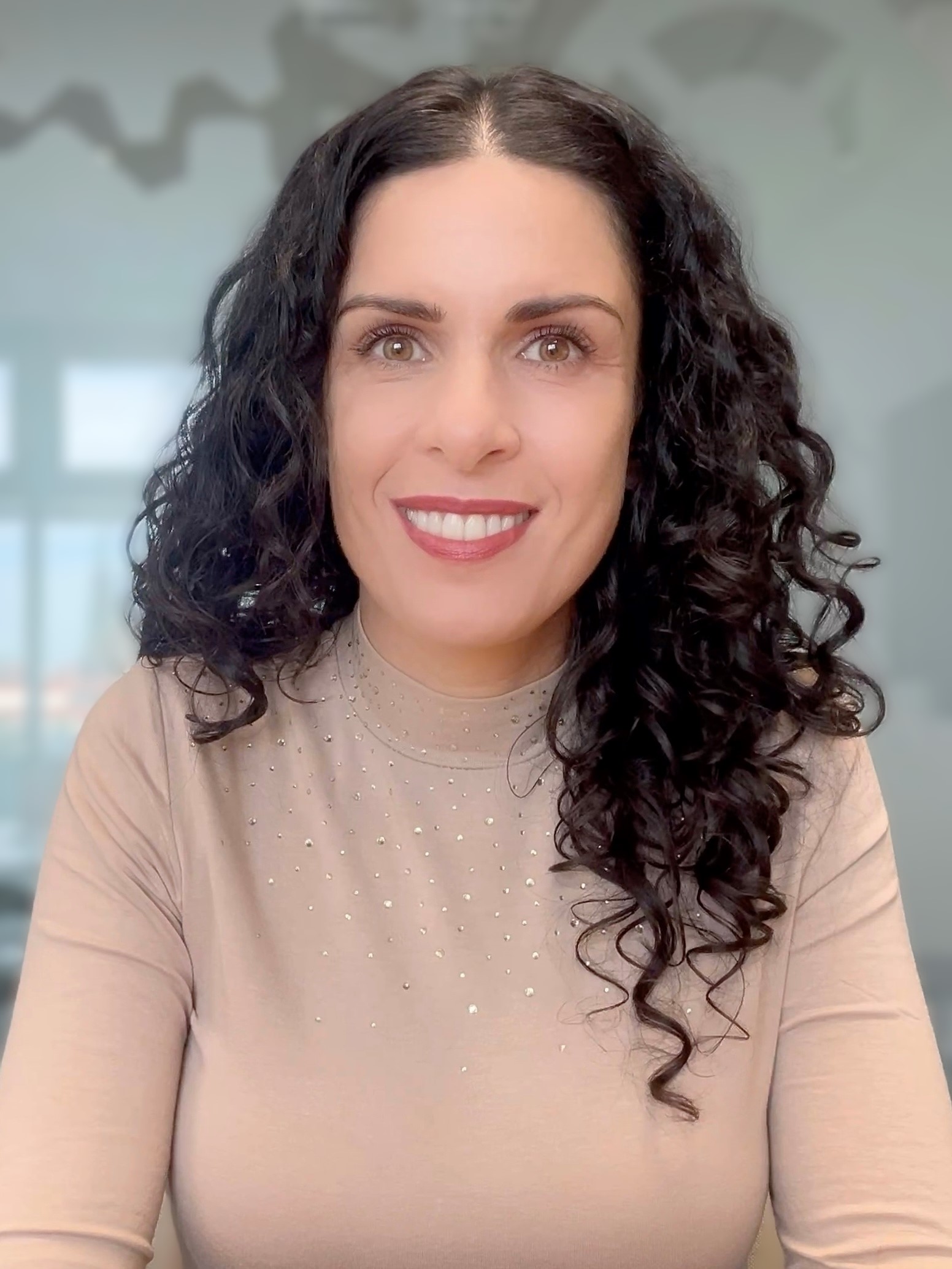- Home
- Events
- Event Calendar
- [GALA Valencia 2024] How to tame your AI – a crash course in prompt design
[GALA Valencia 2024] How to tame your AI – a crash course in prompt design
Large language models move in mysterious ways. Sometimes they answer exactly the way we imagine, but oftentimes they seem to ignore parts of the prompt – or interpret them differently than we do. Prompt engineering is an emerging discipline, and most of it revolves around the art of crafting prompts that make the LLM respond the way we want it to do.
This workshop offers an introduction to the art and craft of prompt-engineering. It explores diverse methods for prompt design and prompt testing, focusing on how to achieve consistent and desired responses by the LLMs. The workshop begins with an introduction to the fundamental concepts of prompt design and gradually moves to more advanced areas such as prompt structure, element arrangements and their impact on the results.
The workshop is divided into two main parts: (1) text-to-text prompting and (2) text-to-image prompting. Each part starts with a brief theoretical overview and is followed by an interactive exercise where participants will have the opportunity to apply in practice the knowledge they’ve acquired. The exercises encompass working with text (translation quality evaluation) and with visuals (image generation). The exercises are designed to enable collaborations among all participants, regardless of the language diversity in the group.
At the end of this blitz workshop, participants will have acquired the most important theoretical underpinnings of prompt engineering, reinforced by practical exercises. The workshop aims to help them embark on their own work with LLMs.
Host organization: Globalization and Localization Association
Event Speakers

Balázs Kis
memoQ Translation Technologies
Balázs Kis is one of the co-CEOs of memoQ. He is also one of the founders of the company. Balázs has decades of experince in IT, translation, and natural language processing. He has a degree in IT engineering and a PhD in applied linguistics. At the start of his career, he was a Microsoft systems engineer and trainer and one of the prominent Hungarian IT authors with over 20 titles published. He was also the head of research and development at MorphoLogic, a Hungarian company specializing in language technology research. He taught translation technology at the ELTE University of Budapest. He has massive experience in collaborative translation and project management. In the early years of memoQ, he was instrumental in product design - he is the author of the first design document of memoQ - and running the company. Later on, he became responsible for technical communication. Since memoQ became a shareholding company in 2016, he has been chairman of the board. From 2018, he was responsible for compliance matters at the company, until, in 2020, he was appointed one of the co-CEOs of the company. Balázs is passionate about educating both the professionals and the general public on translation, localization, and the technologies related to them.

Marina Pantcheva
RWS
I am a linguist and polyglot with a rich experience in academic pursuits (research, teaching and science popularization) as well as management, leadership and innovation. I hold a PhD degree in Theoretical Linguistics. My academic work centered around the exploration of the elementary particles of language within the innovative framework of Nanosyntax. In 2014, I transitioned to the fast-paced world of Localization. Over the course of several years, I led a team developing processes and solutions for crowd-based localization, covering technology, BI, linguistic quality, Community management and more. Currently, I am heading the Linguistic AI Services Center of Excellence at RWS, dedicating my efforts to the development and implementation of linguistic AI solutions. I am a fervent advocate for the use of clear language. I am equally passionate about knowledge sharing and am frequently involved in outreach initiatives, such as public presentations, blog contributions, podcasts and other events dedicated to the dissemination of knowledge. In my spare time, I paint, read, and engage in research inspired by the vast amount of data I encounter in my daily work.


